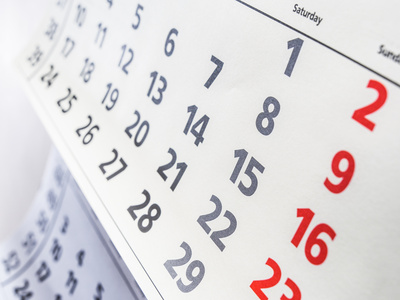- Calls to this hotline are currently being directed to Within Health or Eating Disorder Solutions
- Representatives are standing by 24/7 to help answer your questions
- All calls are confidential and HIPAA compliant
- There is no obligation or cost to call
- Eating Disorder Hope does not receive any commissions or fees dependent upon which provider you select
- Additional treatment providers are located on our directory or samhsa.gov
Validating Research Findings: What is the Process?

Contributor: Leigh Bell, BA, writer for Eating Disorder Hope
Scott Reuben, a once renowned anesthesiologist, went to prison and was publicly deemed the medical Bernie Madoff after he faked at least 21 published research studies, some of which showed positive results of painkillers made by companies that funded his research1.
Reuben was obviously a very bad apple not representative of the whole bunch, yet how he got away with publishing blatantly bogus research for at least 12 years questions the validity of others studies upon which today’s treatment is based. Who’s responsible for validating the research findings?
Is Validation Always the Same Process?
The answer isn’t always straightforward. If a potential researcher applies for a research grant, the organization initiates a critical review of the application to ensure its validity, importance, etc. The organization with which the potential researcher is involved, like a hospital or treatment center, should also review the potential study taking place.
Once researchers complete the study, consolidate findings, and draw conclusions, they normally submit the report or “paper” to a journal. Most of these journals are peer-reviewed. This means a board of scholars in similar fields pertaining to the journal’s subject area review the submission for quality, importance, and editorial standards before the journal will publish it. For example, the Journal of Eating Disorder is peer-reviewed journal that publishes research about science and clinical practice of eating disorders.
When Falsified Results or Mistakes Slip Through

Between 2000 and 2010 roughly 80,000 patients took part in clinical trials based on research that was later retracted because of mistakes or improprieties, according to an article in the Economist3.
However, most research is a charitable effort to improve lives. Those depending on research for information can do their own vetting4. Consider where the research is published. Is it a credible, peer-reviewed journal? Consider the information. Does it fit with previous findings? Usually more weight can be given to study findings that underscore and build upon previous research.
Community Discussion – Share your thoughts here!
Have you ran across information that you believe was inaccurate regarding the study and treatment of eating disorders? Have you taken the steps to validate questionable information?
About the Author:
Leigh Bell holds a Bachelor of Arts in English with minors in Creative Writing and French from Loyola Marymount University in Los Angeles. She is a published author, journalist with 15 years of experience, and a recipient of the Rosalynn Carter Fellowship for Mental Health Journalism. Leigh is recovered from a near-fatal, decade-long battle with anorexia and the mother of three young, rambunctious children.
References:
- Borrell, B. (2009, March 10). A Medical Madoff: Anesthesiologist Faked Data in 21 Studies. Retrieved July 2, 2015.
- Ioannidis, JPA. (2005). Why most published research findings are false, PLoS Med 2(8).
- How science goes wrong. (2013, October 19). Retrieved July 2, 2015, from http://www.economist.com/news/leaders/21588069-scientific-research-has-changed-world-now-it-needs-change-itself-how-science-goes-wrong
- Deciding whether a source is reliable. (n.d.). Retrieved July 2, 2015, from http://www.cdc.gov/des/consumers/research/understanding_deciding.html
Last Updated & Reviewed By: Jacquelyn Ekern, MS, LPC on July 22nd, 2015
Published on EatingDisorderHope.com
